Trade deal between Canada, U.S. will likely require more time
President Donald Trump hosted Canadian Prime Minister Mark Carney at the White House Tuesday for the second time but was reluctant to say the meeting would result in a trade deal.
When asked whether Canada would leave Washington “empty-handed,” Trump suggested they would be pleased with Tuesday’s negotiations without specifically mentioning a deal.
“I think they’re going to walk away very happy. I think so,” the president said.
Though the U.S. has negotiated deals with several other countries, it had not yet reached an agreement with its neighbor to the north heading into Tuesday’s meeting. Carney left the White House in the mid-afternoon without responding to questions from journalists about how the meeting went, according to reports.
Currently, there’s a 35% tariff on most Canadian goods not covered under the United States-Mexico-Canada Agreement, a trade agreement the previous Trump administration had negotiated that preserved free trade (or tariff-free trade) among the three countries on most goods.
In March, Trump imposed broad 25% tariffs on Canada and Mexico, claiming their lack of border enforcement was contributing to America’s problems with illegal immigration and drug trafficking. He later added imported cars to the items tariffed at 25%. In August, the Republican raised tariffs to 35%, saying that Canada had not done enough to suppress fentanyl trafficking.
On Tuesday, Trump appeared satisfied with Canada’s efforts in that regard.
“Canada’s worked hard, and they’ve done a much better job than in the past. We have very few people coming in through our southern border too. We’ve worked with Canada and we’ve worked with Mexico, so we’ve made it a lot better,” Trump said.
The U.S. also levies a 50% tariff on Canadian steel and aluminum and will charge a 45% customs duty on Canadian lumber starting Oct. 14.
Despite Canada’s progress on the border, there are “natural conflicts” between the two countries simply due to their proximity, according to Trump, that make it harder to reach a sustainable agreement.
“Well, it’s a complicated agreement, more complicated maybe than any other agreement we have on trade, because, you know, we have natural conflict,” Trump said. “The problem we have is that they want a car company, and I want a car company… They want steel, and we want steel.”
Trump added that while other countries were “very far away,” Canada’s geographic closeness to the U.S. means they’re more likely to compete economically – but both want to avoid competing as much as possible.
“We don’t like to compete because we sort of hurt each other when we compete,” the president said.
Trump did indicate that there would be at least some tariffs in the final agreement between the U.S. and Canada, but that the U.S. would treat Canada “fairly” – likely meaning that he won’t allow the U.S. to be “ripped off” by Canadian trade policies but perhaps that America won’t demand exorbitant tariffs.
“We’re going to especially treat Canada fairly,” Trump said. “All we do now is fairness, but fairness leads us to the most successful country there’s ever been.”
Latest News Stories
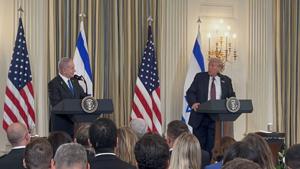
Illinois quick hits: Chicago Jewish Alliance on peace developments; Blue Ribbon Schools announced

WATCH: Trump’s emergency Guard appeal denied; Fiscal Fallout reviews state salaries

Reforms prompt big money appeals in IL biometrics cases
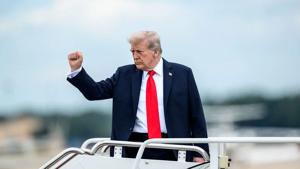
Trump delivers message of peace, hope during historic Knesset address

Meeting Summary and Briefs: Casey City Council for October 6, 2025
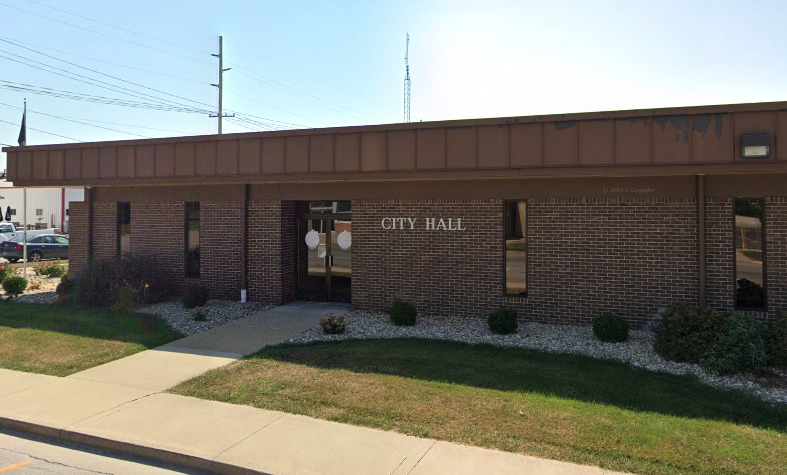
Casey Amends Nuisance Ordinance to Standardize Penalties

Everyday Economics: Data blackout: Why the growth narrative doesn’t hold up

Appeals Court rejects Trump administration bid to lift TRO in Illinois’

Those doxxing, threatening ICE agents, arrested, indicted
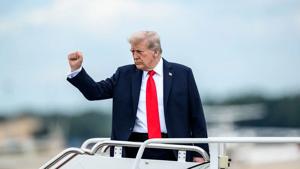
‘The Art of the Heal’: How TrumpRx, most-favored nation pricing, Big Pharma intersect

GOP stands up for U.S. military strikes on suspected drug boats
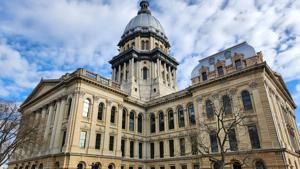
IL lawmakers could address energy prices, transit, taxes during veto session
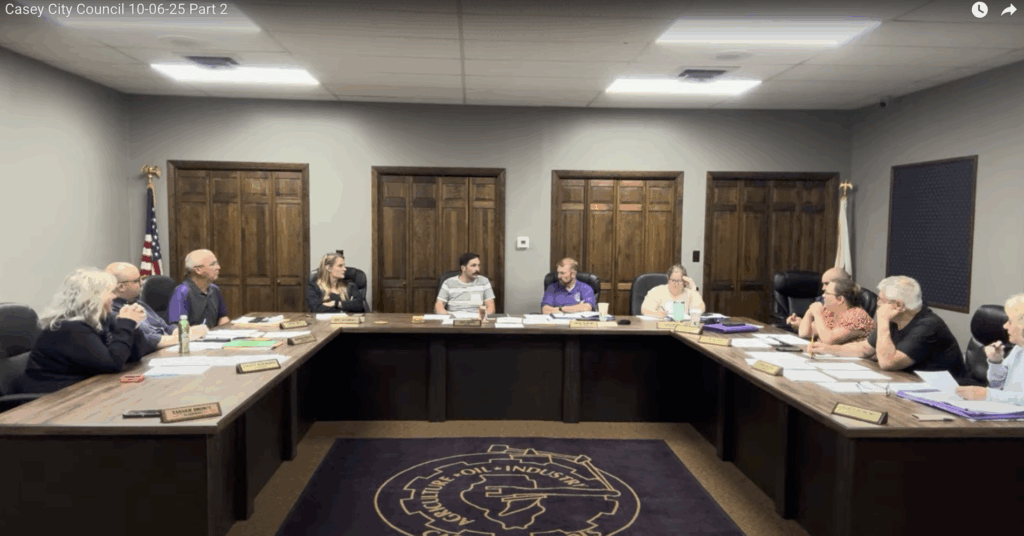
Council Approves Over $86,000 in Infrastructure Contracts
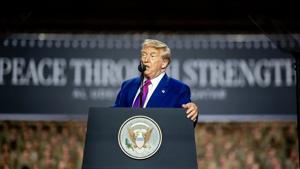
Trump says US troops will get paid Oct. 15 despite funding lapse











